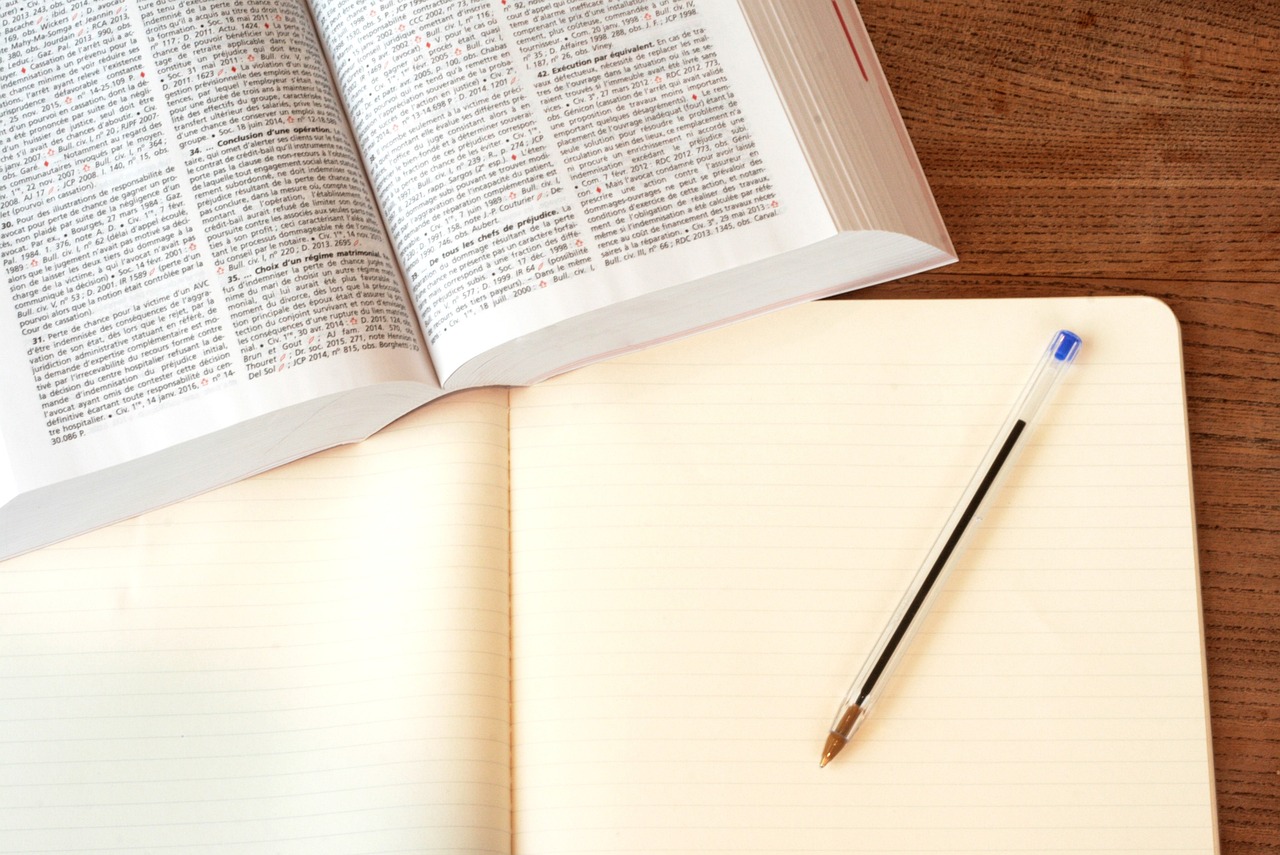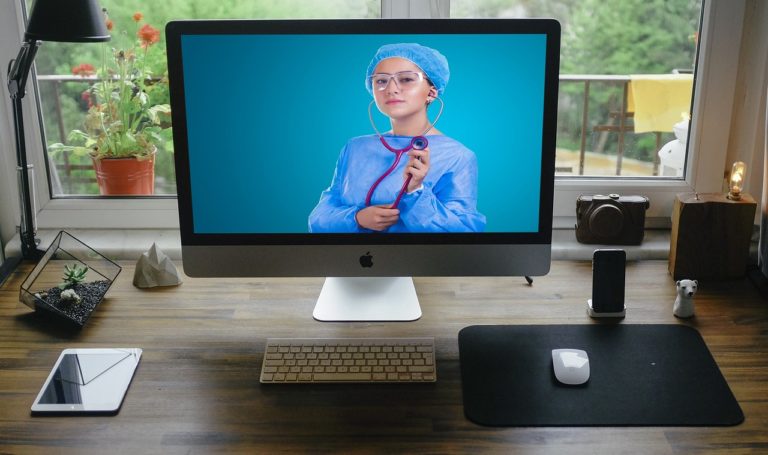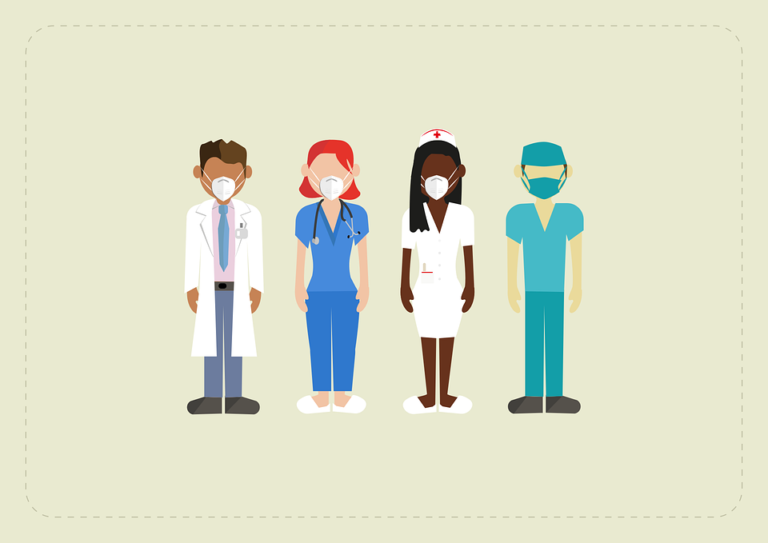Book Appointment Now

HIPAA Compliance in Nursing SOAP Notes
HIPAA (Health Insurance Portability and Accountability Act) establishes stringent guidelines for protecting patient information in healthcare settings. For nurses, ensuring HIPAA compliance in nursing SOAP notes is essential for maintaining patient confidentiality and safeguarding sensitive data in both digital and physical forms. This article discusses best practices for protecting patient privacy in SOAP notes, including securing digital documentation, handling physical records, and avoiding common pitfalls that can compromise patient confidentiality.
Get a nursing SOAP notes paper help
Order Custom Nursing Paper
HIPAA and the Importance of Confidentiality in Nursing SOAP Notes
Nursing SOAP (Subjective, Objective, Assessment, Plan) notes are a fundamental part of patient records, documenting assessments, treatments, and care plans. HIPAA compliance in these notes is crucial to protect patient information, often referred to as Protected Health Information (PHI), from unauthorized access or disclosure. PHI includes patient identifiers such as names, medical records, diagnoses, and treatment plans, all of which must remain confidential to uphold patient trust and meet regulatory standards.
HIPAA compliance in SOAP notes involves securing both physical and digital documentation by following practices that protect the privacy and integrity of patient information.
HIPAA Compliance for Digital Nursing SOAP Notes
As healthcare becomes increasingly digital, electronic health records (EHR) are now the primary way SOAP notes are documented. However, digital documentation presents unique privacy and security challenges, especially as records are often accessible across multiple devices and locations.
1. Use Secure, Authorized Platforms for Digital Documentation
Digital SOAP notes must be recorded within HIPAA-compliant EHR systems to ensure security and privacy. Authorized platforms include encrypted access, secure login credentials, and audit trails to track data access.
- Best Practice: Avoid saving patient information on personal devices or unsecured applications that lack encryption. Only use facility-approved EHR systems that meet HIPAA standards for electronic PHI (ePHI).
- Example: Instead of using personal cloud storage or email to share notes, use your facility’s secure EHR system to access and share SOAP notes as needed.
2. Secure Login and Access Control
HIPAA mandates that ePHI access is limited to authorized personnel. Digital SOAP notes should be protected by secure passwords and multi-factor authentication (MFA) where possible to prevent unauthorized access.
- Best Practice: Log out of the EHR system when leaving a workstation and avoid sharing login credentials. Ensure passwords are strong, unique, and changed regularly.
- Example: If you’re working at a shared computer station, always log out of the EHR system when you step away to prevent unauthorized access to patient records.
3. Data Encryption and Storage Security
HIPAA-compliant EHR systems should use encryption for storing and transmitting SOAP notes, ensuring that data remains unreadable to unauthorized individuals.
- Best Practice: Only transmit ePHI over encrypted channels and avoid sending patient data via unencrypted email or messaging systems.
- Example: If a physician requests SOAP notes via email, ensure it is sent through your facility’s secure messaging platform to prevent unauthorized access.
Ensuring that digital SOAP notes remain secure requires adherence to established EHR system protocols and proactive data security practices to protect patient privacy in a digital landscape.
HIPAA Compliance for Physical Nursing SOAP Notes
While many facilities have transitioned to digital documentation, physical records and notes are still common in various healthcare settings. Maintaining HIPAA compliance for physical SOAP notes involves secure handling, storage, and disposal practices.
1. Secure Physical Storage of Notes
Physical SOAP notes should be stored in locked cabinets or secure areas accessible only to authorized healthcare personnel. Avoid leaving notes or records in open or shared spaces.
- Best Practice: Store physical records in secure locations when not in use, and avoid leaving them unattended on desks or in patient care areas.
- Example: If reviewing physical notes in a patient room, take them back to the secure storage area immediately after your assessment rather than leaving them on a countertop.
2. Avoid Patient Information Disclosure in Public Spaces
HIPAA prohibits discussing PHI in public spaces where it could be overheard. SOAP notes should never be left open or visible where unauthorized individuals can view patient information.
- Best Practice: Avoid discussing SOAP notes or patient information in public areas, and be mindful of others’ presence when handling physical notes.
- Example: When discussing a patient’s care plan, use a private area or conference room to avoid potential eavesdropping.
3. Proper Disposal of Physical Notes and Documents
Physical SOAP notes and patient documents should be shredded or disposed of securely when no longer needed, as HIPAA prohibits simply discarding PHI in regular trash receptacles.
- Best Practice: Use designated shredding bins or secure disposal methods for physical records, ensuring they cannot be recovered or read by unauthorized individuals.
- Example: When an update to a care plan has been documented in the EHR, dispose of the original paper notes in a locked shredding bin to ensure compliance.
Maintaining HIPAA compliance for physical SOAP notes requires consistent attention to detail, secure handling, and mindful disposal of any records containing patient information.
Avoiding Common HIPAA Violations in Nursing SOAP Notes
Certain documentation practices are more likely to lead to HIPAA violations. Here are common mistakes to avoid and tips for ensuring legal compliance in nursing SOAP notes:
- Avoid Unnecessary Identifiers: Including unnecessary patient identifiers in SOAP notes can increase the risk of unauthorized disclosure. Only use patient initials or ID numbers if full names are not needed for clarity.
- Refrain from Using Personal Devices: Documenting SOAP notes on personal devices or communicating PHI via text message violates HIPAA standards. Always use facility-provided, secure devices.
- Monitor for Unauthorized Access: Regularly check EHR access logs (where available) to ensure that only authorized personnel have accessed patient records. Report any suspicious access immediately.
- Minimize Public Discussions: Even simple conversations in shared areas or open workspaces can lead to unintended information sharing. Always seek private spaces for patient-related discussions.
Following these practices helps prevent accidental HIPAA violations while maintaining patient trust and safeguarding sensitive health information.
HIPAA-Compliant SOAP Note Example
Below is an example of a HIPAA-compliant SOAP note that avoids unnecessary identifiers and maintains clarity while protecting patient privacy.
Patient: [Patient ID #23567]
- Subjective:
- Patient reports “sharp chest pain” with mild shortness of breath that started this morning. Denies dizziness or nausea.
- Objective:
- BP 150/90, HR 88, Temp 98.7°F, RR 22. Physical exam reveals mild wheezing and tenderness on palpation in the upper chest.
- Assessment:
- Likely costochondritis based on chest pain location and tenderness. Patient is at low risk for cardiac involvement.
- Plan:
- Prescribe NSAIDs for pain management. Advise patient to avoid heavy lifting and schedule follow-up in one week.
This SOAP note maintains HIPAA compliance by using an ID number instead of a full name and avoiding unnecessary details that could reveal the patient’s identity.
Ensuring HIPAA Compliance in Nursing SOAP Notes
Following HIPAA compliance in nursing SOAP notes is essential for protecting patient privacy, supporting trust, and meeting legal standards. Whether in digital or physical form, SOAP notes require careful handling, secure storage, and proper disposal practices. By using secure documentation systems, limiting unnecessary identifiers, and maintaining confidentiality in public spaces, nurses can uphold HIPAA standards and protect the integrity of patient information.
Thoughtful and compliant documentation practices empower nurses to document accurately and confidently, ensuring that patient privacy is protected at every stage of care.
Learn more on SOAP NOTES and Decision Trees. What is a SOAP Note? Elements of a SOAP Note.







